Italy��s politicians didn��t get a three-day weekend, but instead stayed active and helped spark selling for stocks and other riskier assets.
Investors on Tuesday are worried about the potential for another Italian election within a few months. In particular, they��re worried a win for populist parties could lead to the euro zone��s third-biggest economy leaving the shared currency �� which would represent quite a shakeup to Europe��s status quo.
That election looks to be in the cards, as an attempt to form a caretaker government led by International Monetary Fund veteran Carlo Cottarelli faces resistance.
Cottarelli was put into that role on Monday by Italian President Sergio Mattarella, who had essentially blocked a coalition government of two big antiestablishment parties �� the 5 Star Movement and the League. The president on Sunday vetoed the appointment of a euroskeptic economy minister, Paolo Savona, who had been backed by the populist coalition.
Now the 5 Star and League appear to be spurning Cottarelli, making him unlikely to win a vote of confidence in parliament. Instead, he likely will lead a caretaker government as prime minister only until another general election is called, possibly for September. Italians last went to the polls only a few months ago, in March.
Matteo Salvini, the League party��s head, is already framing the ballot as a way for voters to show their support for leaving the euro.
��It won��t be an election,�� Salvini said Sunday, according to a Wall Street Journal report. ��It will be a referendum between Italy and those on the outside who want us to be a servile, enslaved nation on our knees.��
Why it matters to European and U.S. investorsAnalysts have been warning that an Italian effort to abandon the shared currency could rattle not just European investors, but also U.S. markets SPX, -0.24% �.
��Even an Italian populist government��s failed attempt to ditch the euro would bring a halt to not only the ��euroboom,�� but also the process of U.S. monetary normalization, with the market reaction comparable to the eurozone debt crisis,�� Oxford Economics analysts Jamie Thomson and Nicola Nobile said in a recent note.
Other analysts suggest fears about a ��Quitaly�� or ��Italexit�� scenario may be overblown.
��Personally, I don��t think Italy will leave the euro,�� said Marshall Gittler, chief strategist at ACLS Global, in a note Tuesday. ��According to the European Commission��s Eurobarometer survey, support for the euro in Italy has never been below 58%, and most recently was 59%, with only 31% opposed.��
Check out: 4 ways the ECB is preventing an Italian rerun of the euro crisis �� for now
But Gittler still sounds bearish on the unit: ��Nonetheless, currencies have to price in risk, and Italian politics is the big risk nowadays. I think EUR is likely to remain weak until things have settled down there.��
How are markets movingThe euro EURUSD, -0.5420% recently changed hands at $1.1572 , as it touches levels last seen in November.
Italy��s FTSE MIB stock benchmark I945, -2.64% was down nearly 3% to 21,324 on Tuesday, falling to levels last seen in July 2017. It has tumbled 11% so far in May, flipping into the red for 2018 and cutting its 12-month gain to 2.4%.
The pan-European Stoxx Europe 600 Index SXXP, -1.28% was down 1.3% to 384.77 on Tuesday. It��s down 1.2% so far this year and off by 1.7% over the past 12 months.
The yield on the 10-year Italian bond TMBMKIT-10Y, +15.79% was recently at 2.942%. That represents the highest level since 2014, but it��s still far from it peak above 7% hit in 2011 amid the eurozone debt crisis.
Read: In topsy-turvy Italian markets, sovereign debt seen as riskier than corporate bonds
U.S. stock futures were losing ground, with Dow Jones Industrial Average YMM8, -0.63% and S&P 500 ESM8, -0.63% falling by about 0.9%.
 Victor Reklaitis
Victor Reklaitis Victor Reklaitis is a London-based markets writer for MarketWatch. Follow him on Twitter @VicRek.
We Want to Hear from YouJoin the conversation
Comment Related Topics U.S. Stocks Markets NY Stock Exchange NASDAQ Quote References SPX -6.43 -0.24% EURUSD -0.0063 -0.5420% I945 -579.98 -2.64% SXXP -4.98 -1.28% TMBMKIT-10Y +0.42 +15.79% YMM8 -155.00 -0.63% ESM8 -17.05 -0.63% Show all references MarketWatch Partner Center US Bancorp DE lifted its stake in shares of Knight-Swift Transportation Holdings Inc (NYSE:KNX) by 7.2% during the first quarter, according to its most recent filing with the Securities and Exchange Commission. The firm owned 71,734 shares of the transportation company’s stock after purchasing an additional 4,794 shares during the quarter. US Bancorp DE’s holdings in Knight-Swift Transportation were worth $3,300,000 as of its most recent filing with the Securities and Exchange Commission.
US Bancorp DE lifted its stake in shares of Knight-Swift Transportation Holdings Inc (NYSE:KNX) by 7.2% during the first quarter, according to its most recent filing with the Securities and Exchange Commission. The firm owned 71,734 shares of the transportation company’s stock after purchasing an additional 4,794 shares during the quarter. US Bancorp DE’s holdings in Knight-Swift Transportation were worth $3,300,000 as of its most recent filing with the Securities and Exchange Commission.  Rhumbline Advisers decreased its position in LendingTree (NASDAQ:TREE) by 13.9% in the first quarter, according to its most recent 13F filing with the Securities and Exchange Commission (SEC). The fund owned 13,988 shares of the financial services provider’s stock after selling 2,252 shares during the period. Rhumbline Advisers’ holdings in LendingTree were worth $4,590,000 as of its most recent filing with the Securities and Exchange Commission (SEC).
Rhumbline Advisers decreased its position in LendingTree (NASDAQ:TREE) by 13.9% in the first quarter, according to its most recent 13F filing with the Securities and Exchange Commission (SEC). The fund owned 13,988 shares of the financial services provider’s stock after selling 2,252 shares during the period. Rhumbline Advisers’ holdings in LendingTree were worth $4,590,000 as of its most recent filing with the Securities and Exchange Commission (SEC). 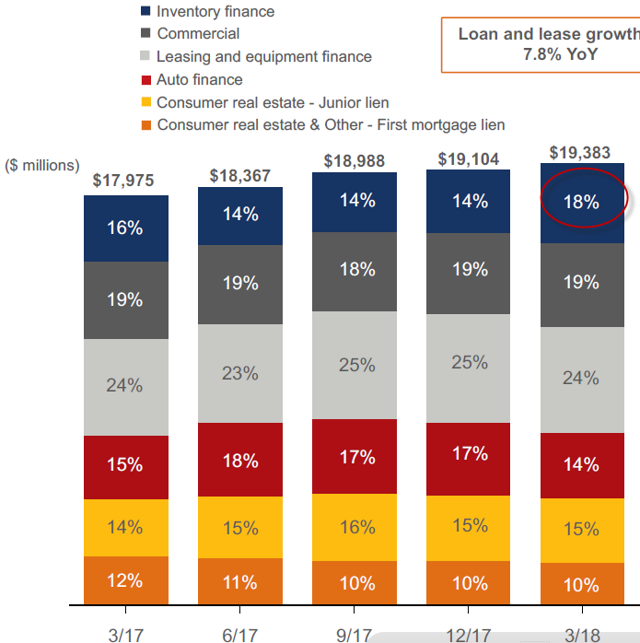
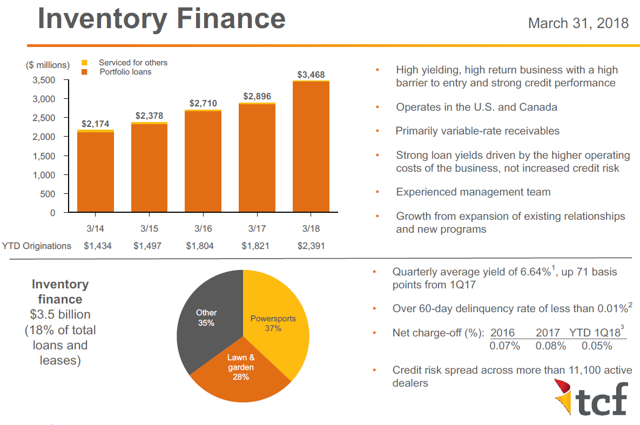
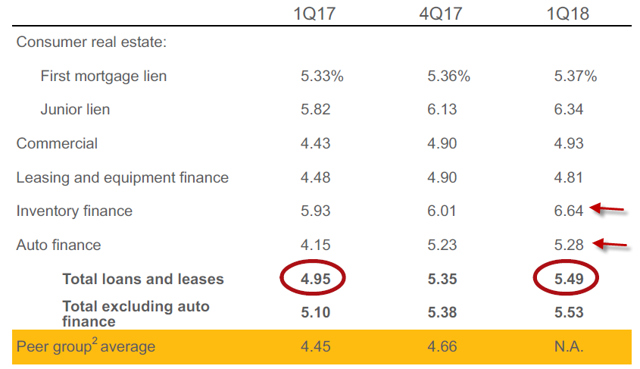


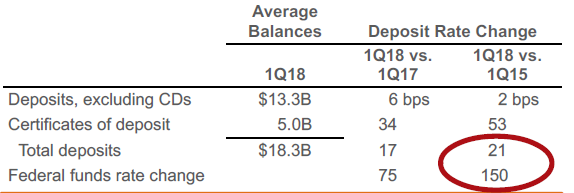
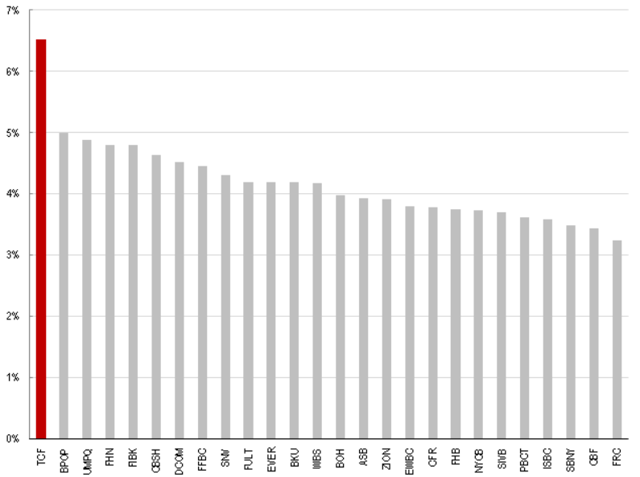
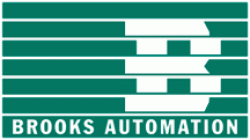 Brooks Automation (NASDAQ:BRKS) insider Maurice H. Tenney sold 8,969 shares of Brooks Automation stock in a transaction on Wednesday, May 16th. The stock was sold at an average price of $29.80, for a total transaction of $267,276.20. The transaction was disclosed in a legal filing with the Securities & Exchange Commission, which can be accessed through this link.
Brooks Automation (NASDAQ:BRKS) insider Maurice H. Tenney sold 8,969 shares of Brooks Automation stock in a transaction on Wednesday, May 16th. The stock was sold at an average price of $29.80, for a total transaction of $267,276.20. The transaction was disclosed in a legal filing with the Securities & Exchange Commission, which can be accessed through this link.